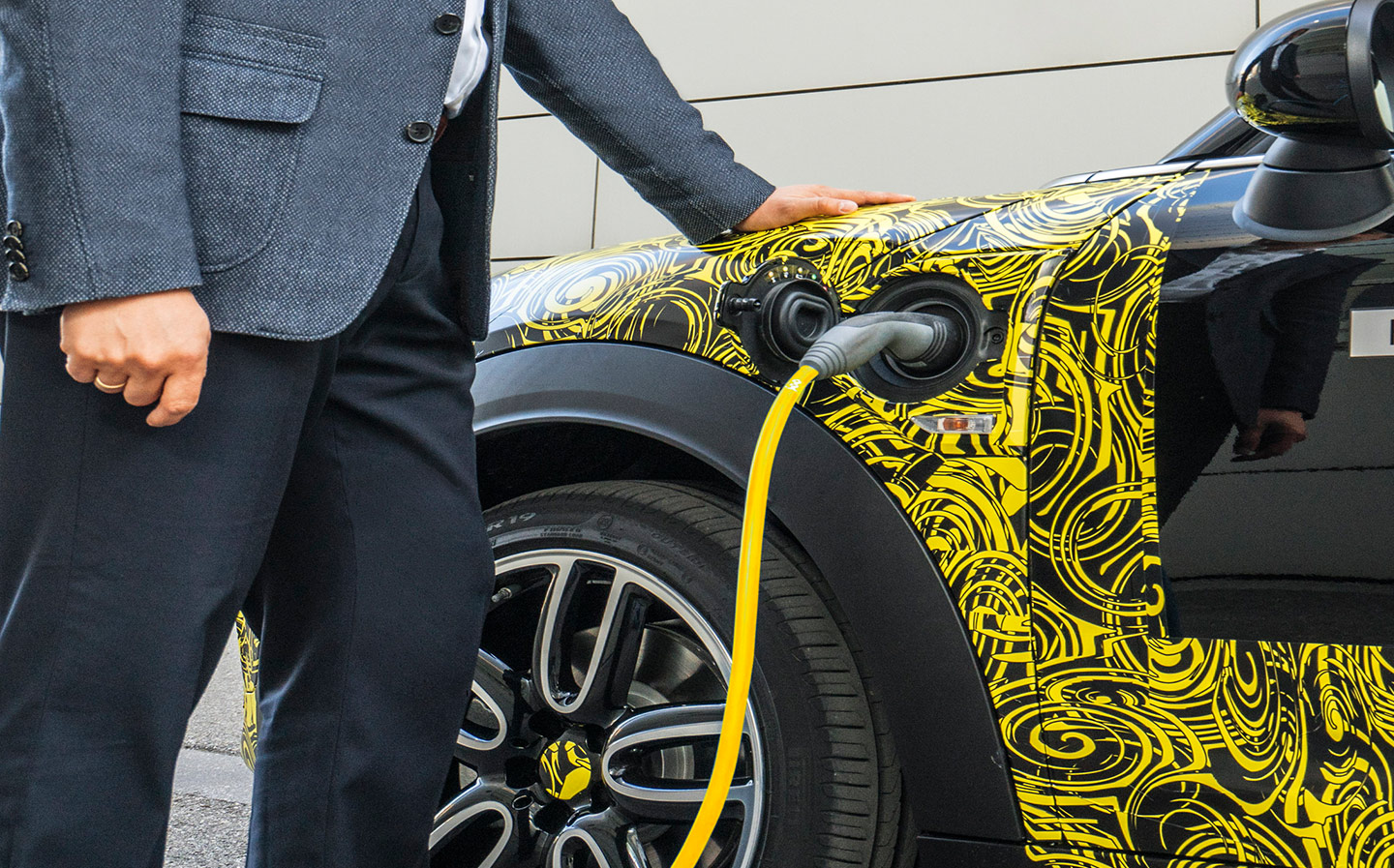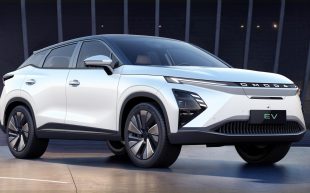Mini may be driven abroad by BMW Brexit fears
Building electric Mini outside UK could be significant in long term
THE LONG-TERM future of the Cowley car plant, near Oxford, has been plunged into uncertainty by reports that BMW is planning to build the electric version of the Mini in Germany or the Netherlands as a result of Brexit.
The company confirmed it would make a decision later this year on where the next generation of Minis will be built after concerns about potential tariffs between Britain and the EU.
The giant German carmaker is considering producing the electric version of the Mini in Leipzig or Regensburg, according to Handelsblatt business newspaper.
BMW is also understood to be reviewing production locations in Germany, Britain and the Netherlands for the fully battery-powered electric version of its Mini Hatch, which is already being produced in Born, the Netherlands, as well as Cowley.
BMW announced the electric Mini last year and it is due to go on sale in 2019.
The reports come at a difficult time for the vast Cowley plant as its 4,000 employees prepare for industrial action over changes to the pension scheme.
“In the long run BMW plans to make its entire line of Mini cars fully electric, meaning such a move could jeopardise the entire future of Oxford’s Mini plant,” the Oxford Mail reported.
The Cowley facility, known as Plant Oxford, was originally founded by William Morris in 1913 and the first classic Mini rolled off the production line in May 1959. BMW acquired the plant in 1994 as part of its purchase of Rover Group and produces five Mini models: the Hatch, Convertible, Coupé, Roadster and five-door Hatch.
BMW confirmed that a decision about an electric Mini was due this year but declined to say where the vehicle would be made.
The regional edition of Bild newspaper covering Leipzig carried the headline: “Thank you Brexit”
“We always consider a wide range of factors to make sure we choose the most appropriate location in each case,” a BMW spokeswoman said.
Brexit had made long-term planning more difficult for the group, she said.
“The Brexit vote creates uncertainty for the automotive sector and uncertainty is not helpful when it comes to making long-term business decisions. What is important for us is that the UK’s negotiations with the EU result in uncomplicated, tariff-free access to the EU single market in future.”
The Leipziger Volkszeitung reported that the decision will be taken in the second half of the year.
“Leipzig obviously has good cards,” the paper added. “The BMW 2 series Active Tourer built here has the same front-wheel drive platform as the Mini. The British car could therefore be made on the same production line as the BMW models in Leipzig. In addition the factory is the only BMW location to have experience with electric cars. For the i3 launched in 2013 BMW expanded the plant at a cost of €400m to become a centre of e-mobility.”
The regional edition of Bild newspaper covering Leipzig carried the headline: “Thank you Brexit”.
A decision to base electric Mini production in the EU after Brexit would come as a bitter blow for the government’s ambitions to become a powerhouse for battery-driven cars.
Greg Clark, the business secretary, wants to position the country as a world leader in battery development and has offered to support electric car research as part of the government’s industrial strategy. Nissan builds the electric Leaf car at its Sunderland plant while Jaguar Land Rover has said it intends to manufacture electric vehicles in Britain.
More than 200,000 Minis were produced in Britain in 2015 or 12 per cent of car production, with 38 per cent sold in the EU.
David Charter, Berlin
This article first appeared in The Times





